
When Princeton became the first university in the country to form a mental health service in 1910, it did so because of, in the words of one scholar, “an observation that many well-qualified Princeton students were leaving school without completing their courses of study because of emotional and personality issues.”
So clearly, some of Princeton’s problems surrounding mental health aren’t new. But we seem to be in a unique moment in recognizing that mental health on campus is a crisis. Have we made space for failure in our campus culture? Do we have the resources we need to help students who are struggling recover? We’re increasingly unsure on both fronts.
The Daily Princetonian started planning for this issue when the question of mental health was at its weightiest: in the aftermath of the death of Misrach Ewunetie ’24. Months later, we have to ask, what does mental health mean here?
The ‘Prince’ investigates, but does not answer that critical question in the following special issue.
We look at what mental health has meant, tracing how Counseling and Psychological Services (CPS) has evolved over the past 80 years. We look at the history of mental health leaves and how the process has changed and, some students say, improved. And we look at a uniquely tragic decade in terms of student deaths: this past one.
We focus on what mental health looks like now: after the administration and Undergraduate Student Government (USG) set out a major report with concrete suggestions last fall, and reporting shows progress on many of the goals, including the biggest one, a 24/7 telehealth line. Yet at the same time, the student who works most closely with the University on mental health, the USG mental health chair, describes the University’s mental health resources as “fundamentally broken.”
We finally see what mental health could mean in the future: as columnists, reporters, and analysts imagine how Princeton and CPS can evolve. We look at groups across campus: veterans, athletes, and graduate students, to make sure they’re included in the conversation about mental health too.
The stark reality of mental health on campus gives this project urgency. Yet this issue, conceived in tragedy, should also be a space for hope. Through a shared commitment of the community, Princeton has remade itself many times, often against the odds, even on mental health itself.
With urgency and hope, the question of what mental health can mean continues on.
Rohit Narayanan is the 147th Editor-in-Chief of The Daily Princetonian. He can be reached at eic@dailyprincetonian.com
Click around campus to learn more about mental health at Princeton.
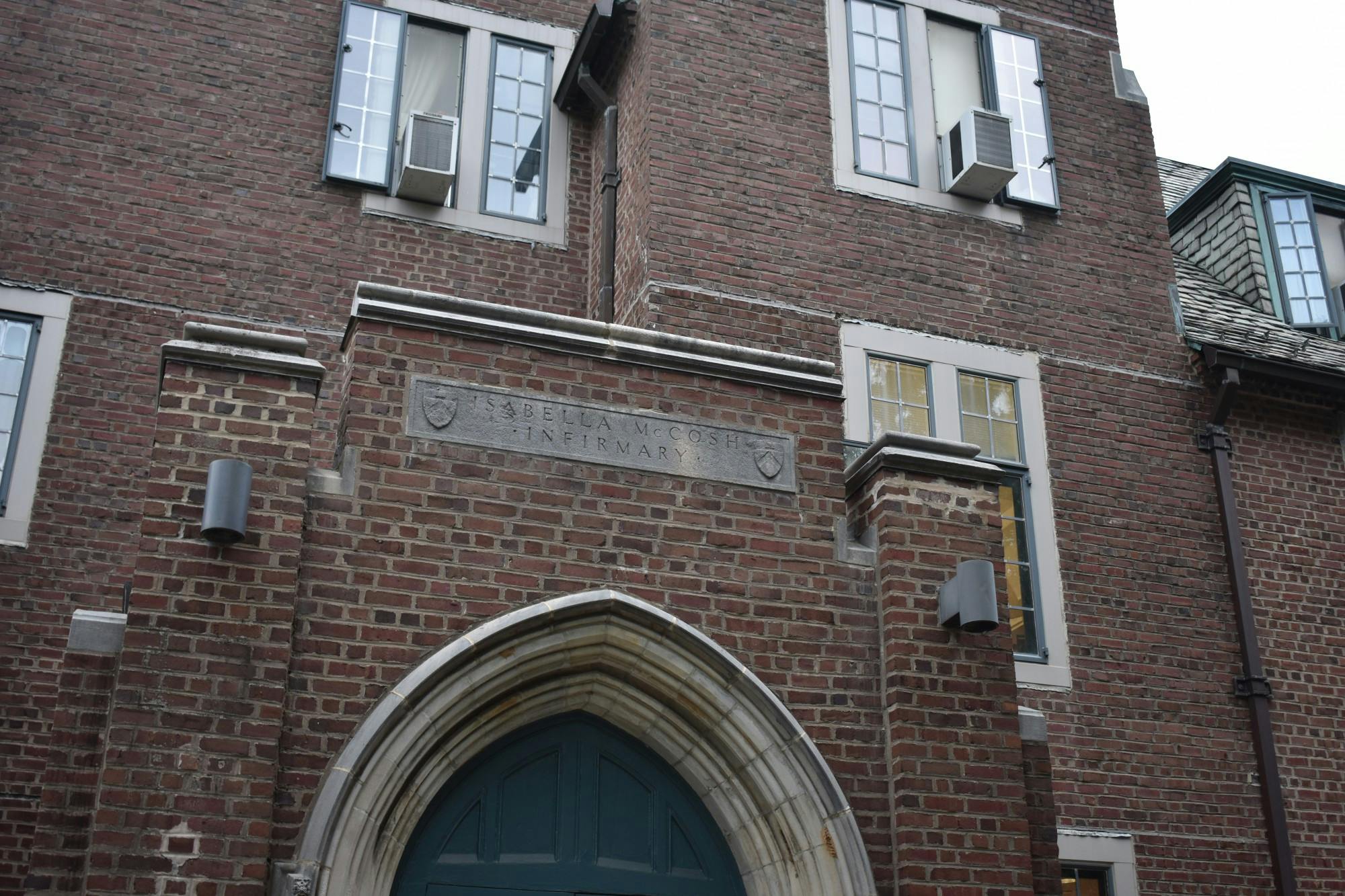
Due to the University’s recent expansion of its transfer program, veteran student enrollment will likely rise in the next several years. Veterans may have unique mental health needs, and the University is planning new hires.
Read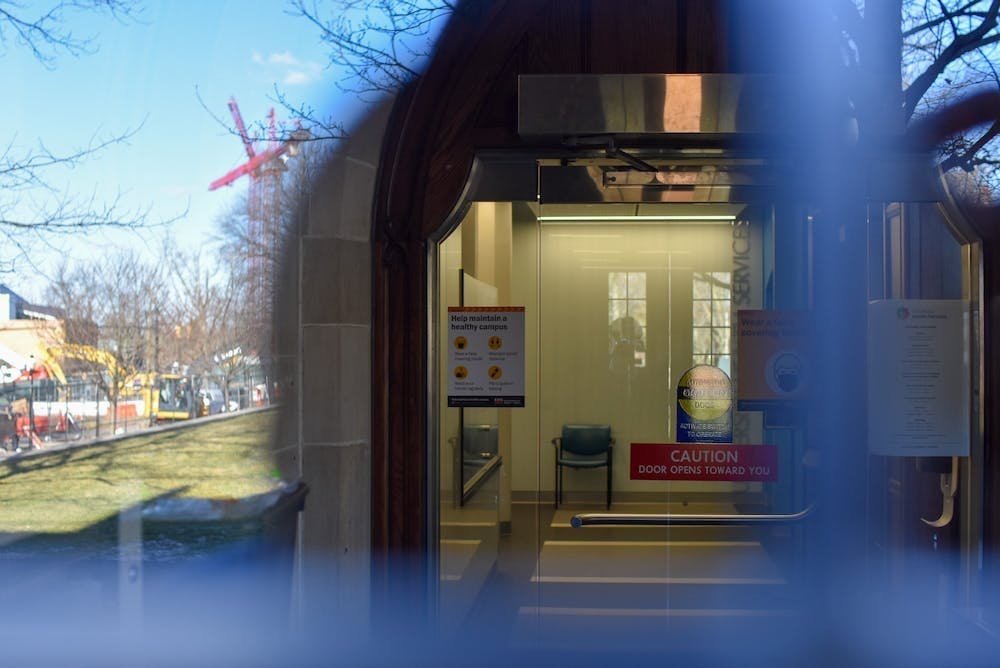
An overview of the past decade of mental health-related leave of absences at Princeton shows that the process has rapidly changed over time. The mid-2010s saw high-profile negative experiences with the University’s mental health services, but students today report that obtaining a mental health leave is “a very smooth process.”
Read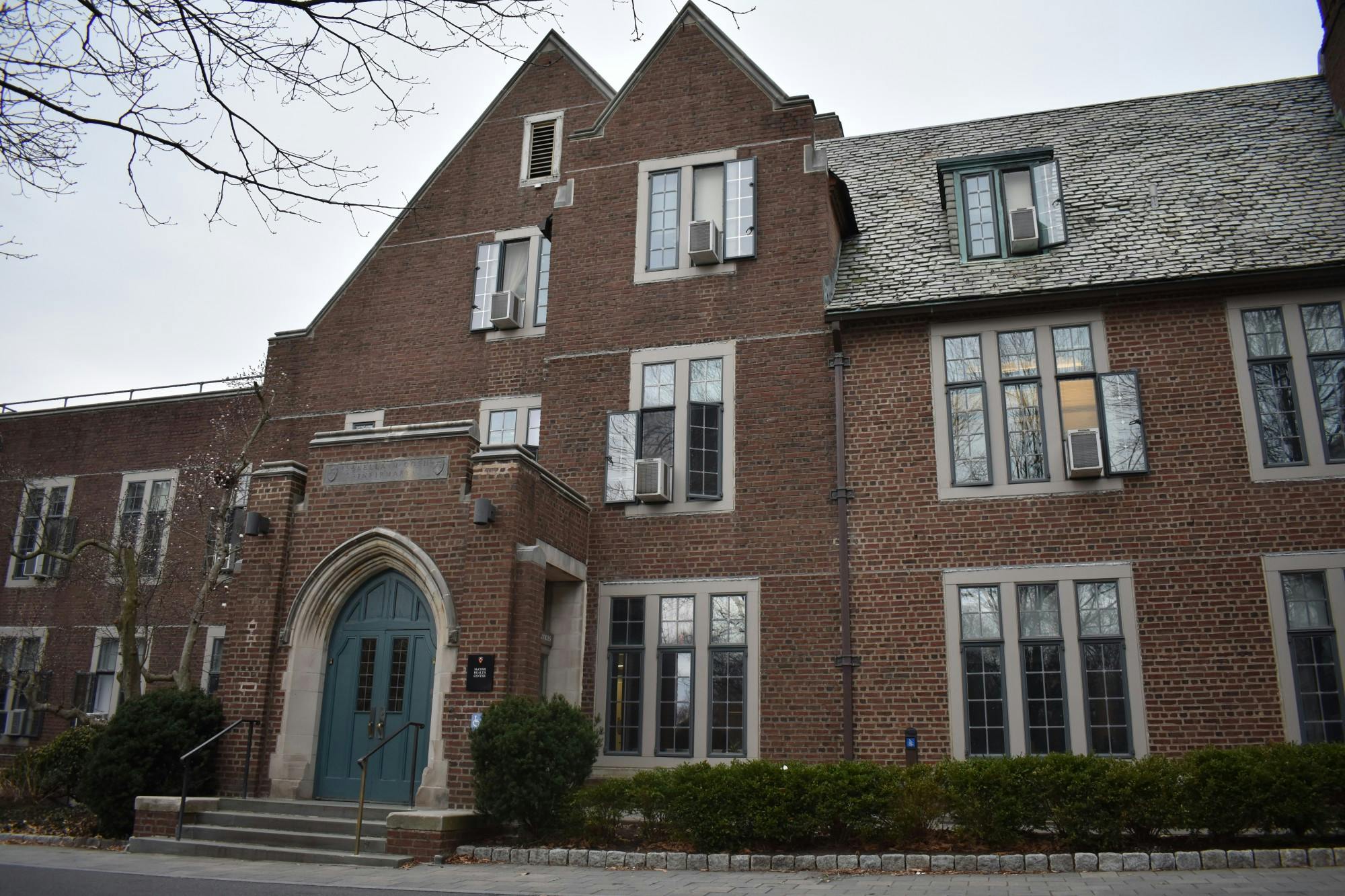
Counseling and Psychological Services (CPS) announced on April 17 that they would once again be offering single counseling sessions. Single counseling sessions are hour-long sessions, which give students the opportunity to meet with a CPS counselor for an extended period of time without the standard expectation of consultation or follow-up appointments.
Read
In September 2022, a blockbuster report on mental health on campus was published by a mental health working group formed in collaboration between the Undergraduate Student Government (USG), the Office of Campus Life, and University Health Services (UHS).
Read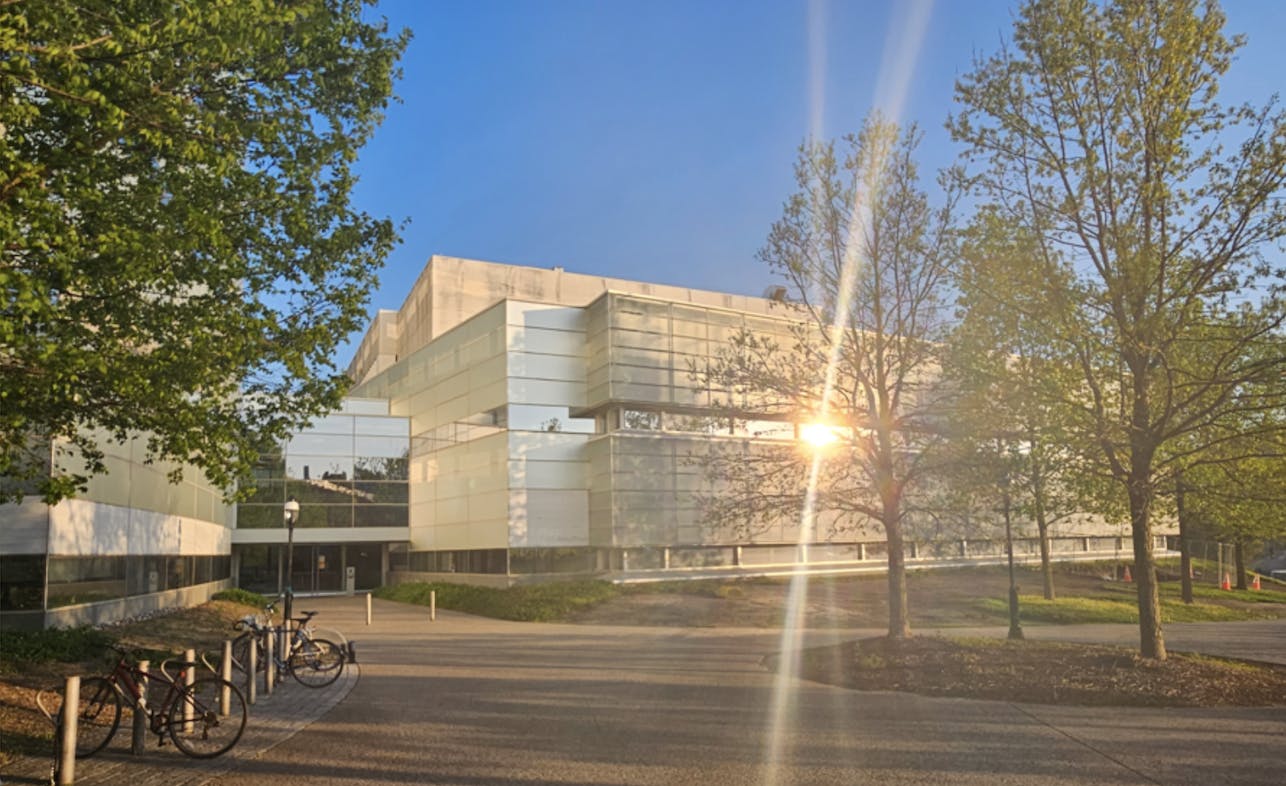
A group of University graduate students are conducting a study on graduate student mental health at Princeton. The GSMH project started in 2017 by a group of graduate students in the psychology department, led by recent graduate and founder Abigail Hoskin GS ’23. Today, along with Hoskin, the project is carried on by two current graduate students, Edan Daniel-Hertz GS in the neuroscience department, and Dan-Mircea Mirea GS of the psychology department.
Read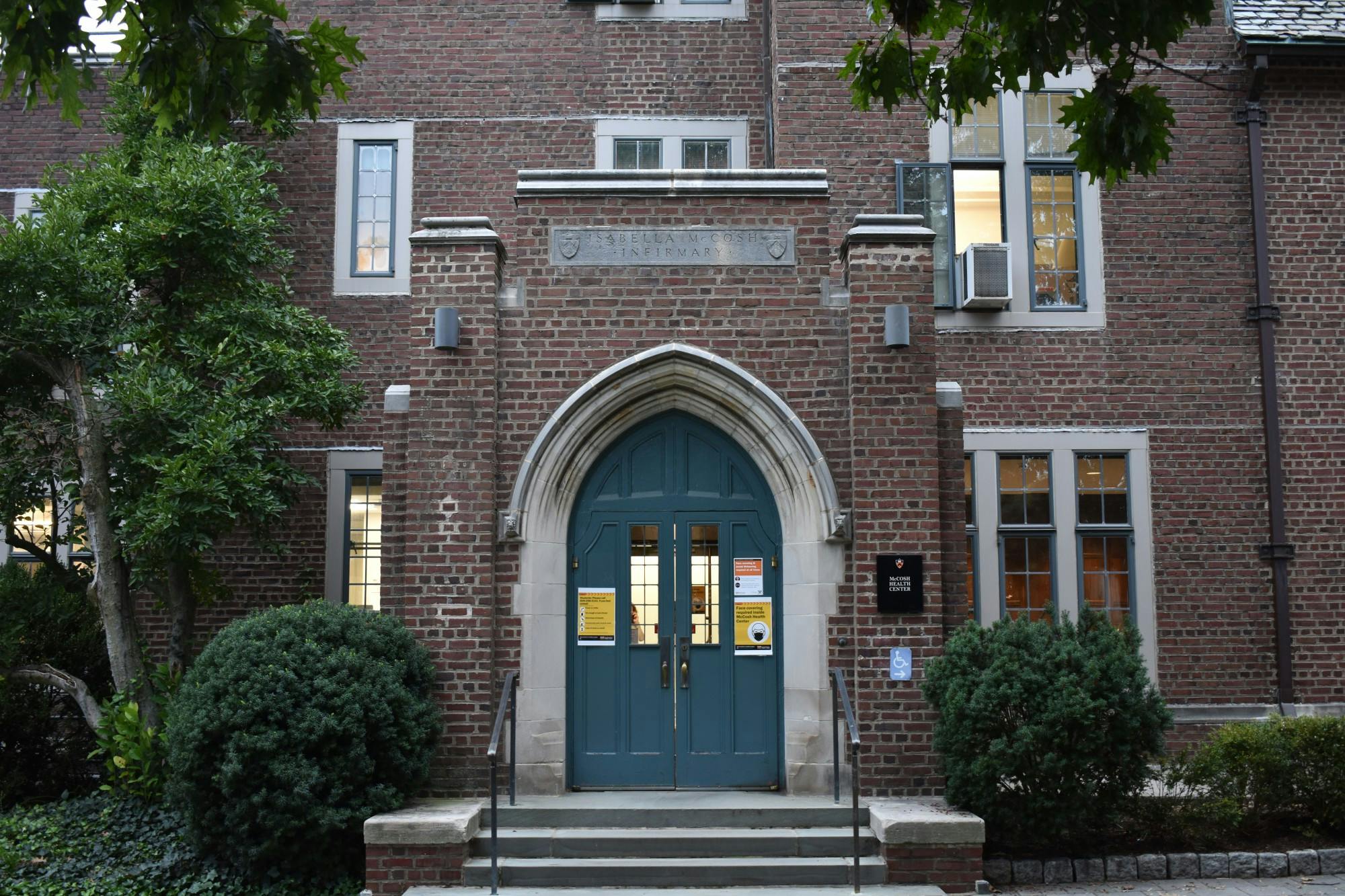
The University began offering a form of mental health care for the first time in the early twentieth century. As Princeton’s counseling and psychological resources evolve The Daily Princetonian looked back on the evolution of mental health care at the University. For decades, mental health resources have been strained under increasing demand from students.
Read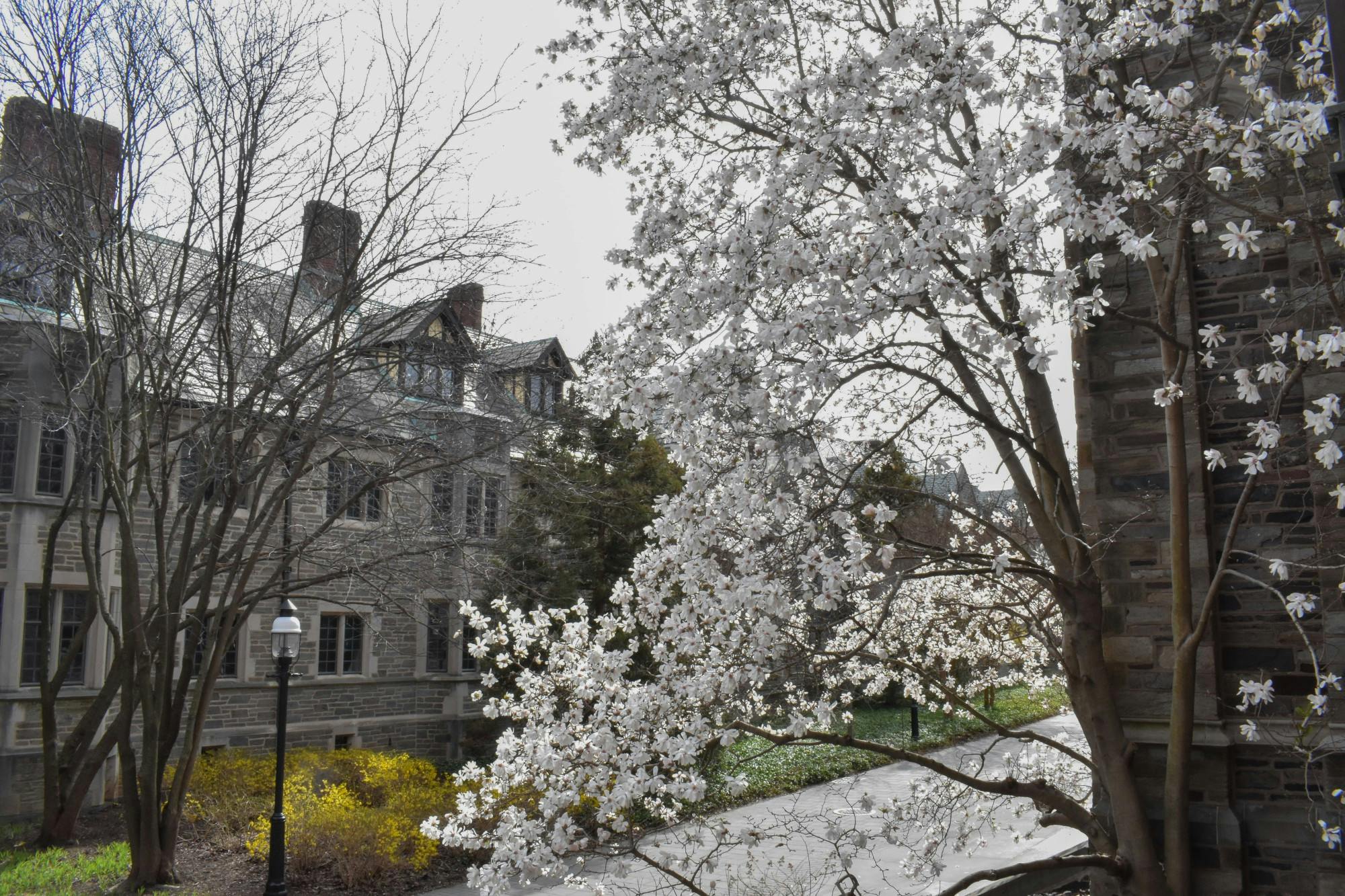
"Students are tired of receiving the same links and emails every time a tragedy happens. Clearly, these resources are not helping, as the tragedies continue to occur. As they persist, students are losing faith in the school’s ability to take care of our mental well-being."
Read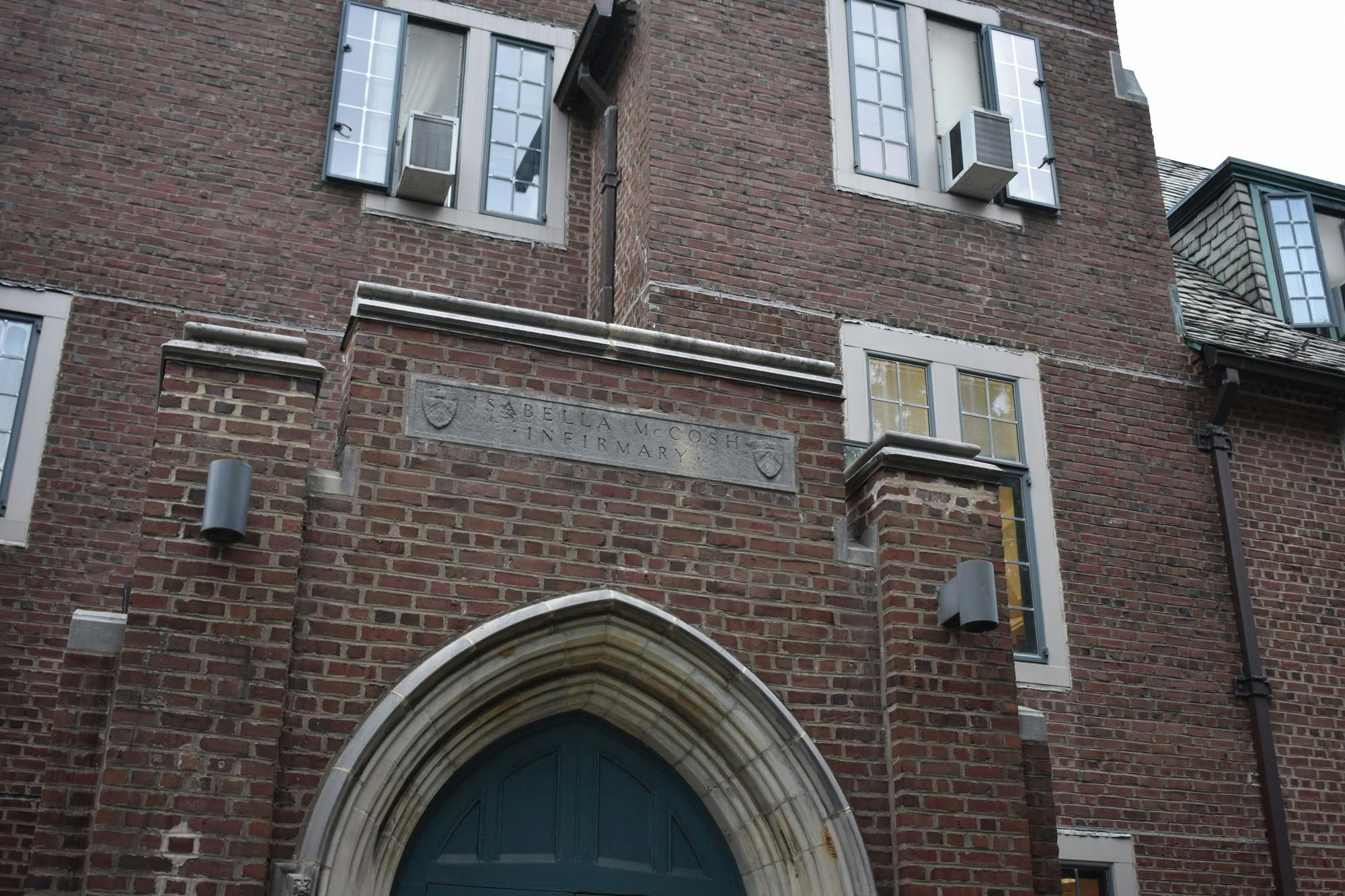
"Something is fundamentally broken within Princeton’s mental wellness system. This comes as no surprise to many of us students. However, there are two key points that are currently being overlooked. First, the problem is worse than many realize. Secondly, the problem is not our resources in themselves — [...] the problem is the fundamental structure of Princeton’s environment."
Read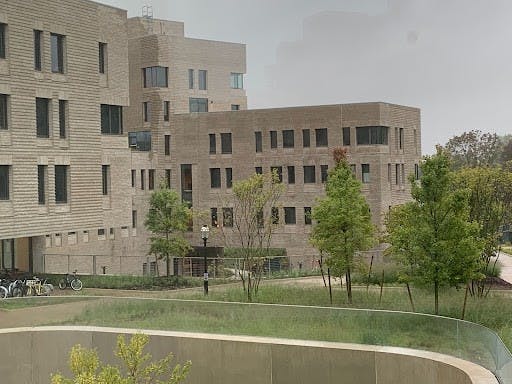
"Why was I pressuring myself to immediately find a group on campus to join? Rushing to seek a space where I felt I belonged was only going to bring distress, and miserably mulling over my unsuccessful auditions wasn’t going to help. Failure to get into a club in the first weeks of my first year was not going to dictate the rest of my four years. There will be plenty of time to thoroughly investigate what groups spark my interest, invigorate a passion for me, and ultimately bring me wholesome joy."
Read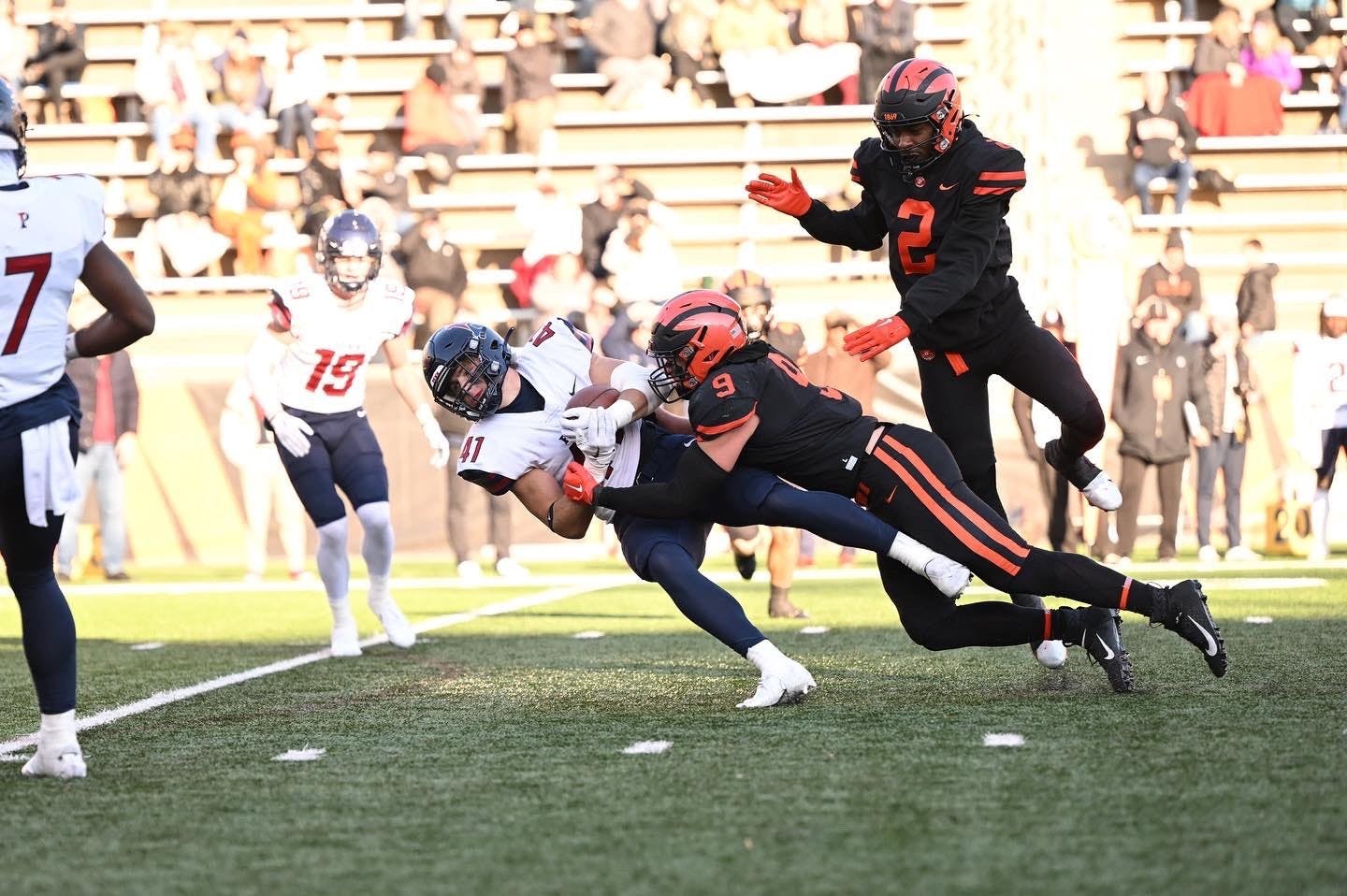
While football is often framed as “the face of concussion risk” in athletics, Katchur emphasized that “concussions can happen in any sport, including swimming, diving, wrestling, basketball, and skiing.” The ‘Prince’ spoke with athletes from different sports at Princeton, who spoke about their experiences with concussions.
Read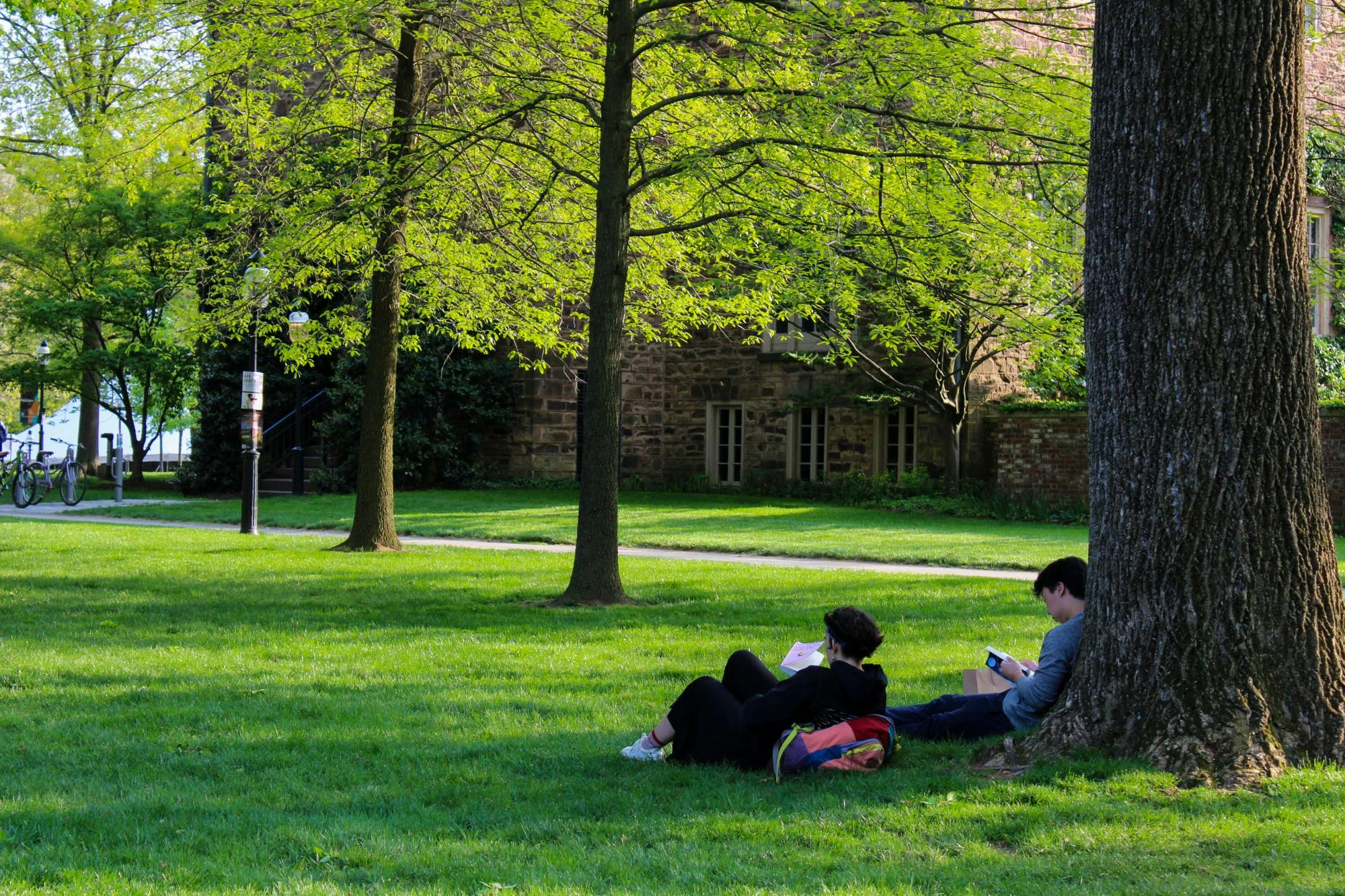
There’s no doubt that being a student at Princeton is stressful, and whether it’s a few minutes of scrolling on social media, or some hours in the sun, the best practice to avoid being overwhelmed is to take a break from the work. We asked students what were their favorite spots to take that break, and here are some of their responses in a visual format.
Read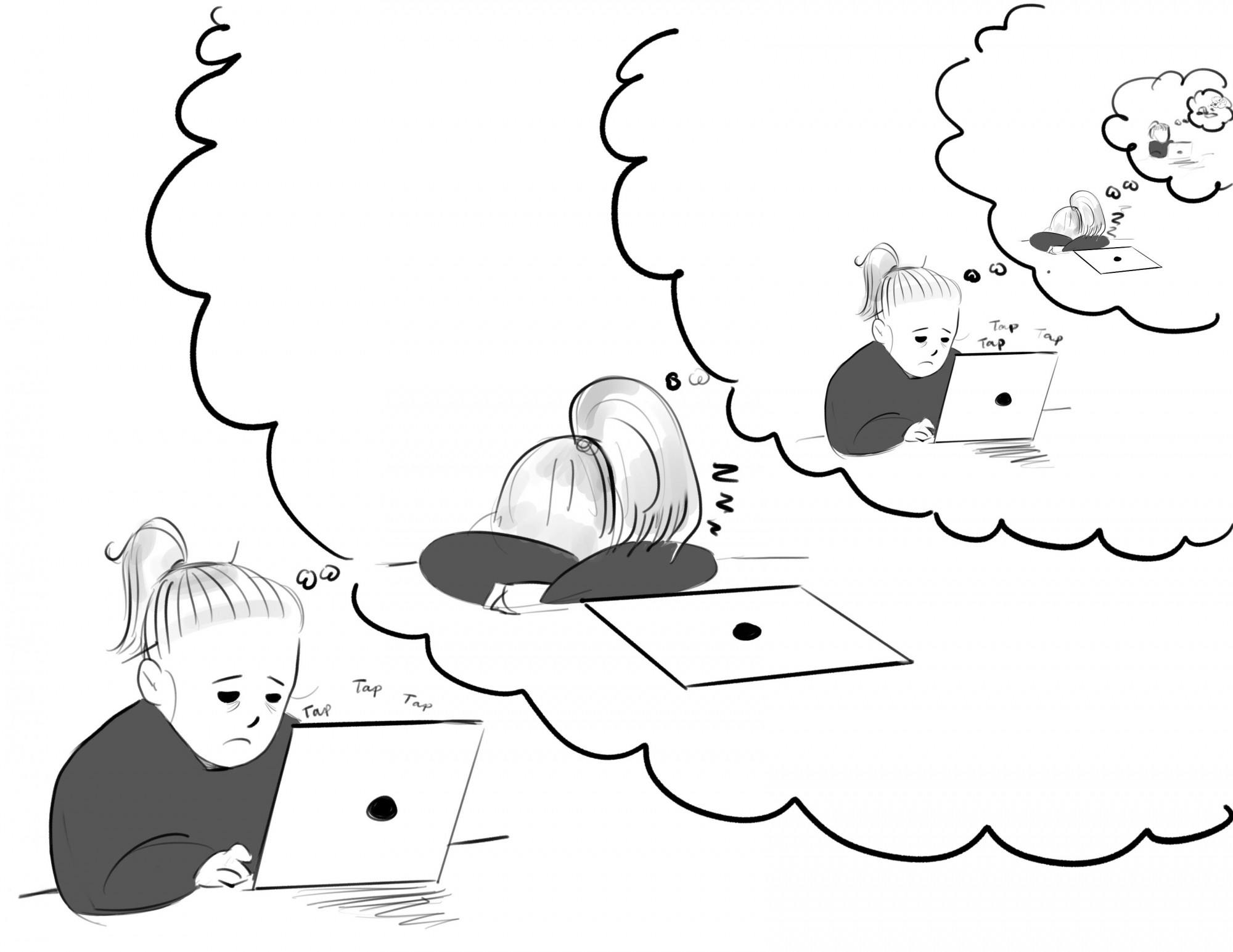
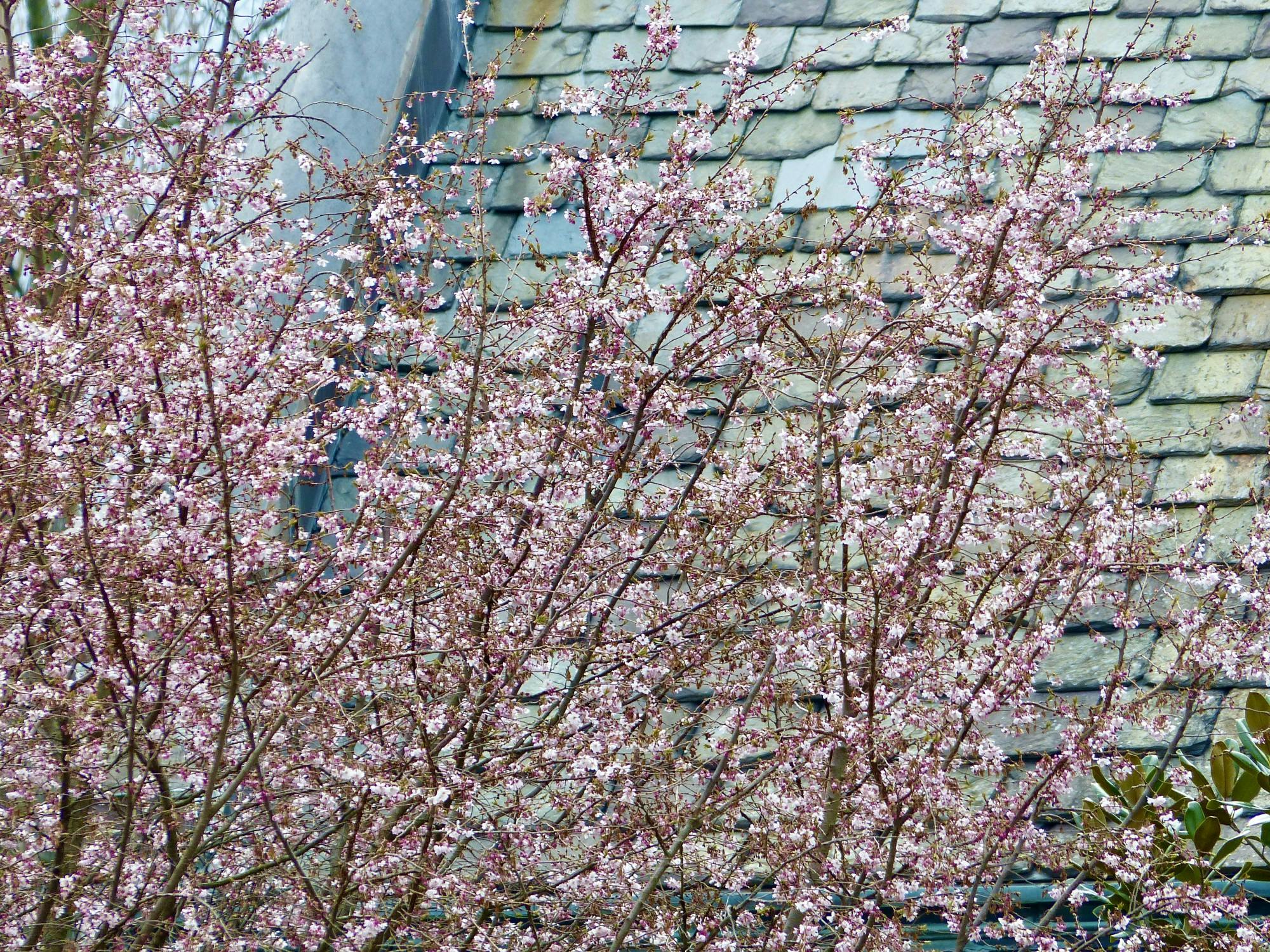
"Princeton students have rightly and ceaselessly decried the state of mental health on campus. The work of vocalizing pain is deeply important. But the many calls to action presented to the University to fix the problem in recent student op-eds published by the ‘Prince’ have felt to me vague [...] Here’s a concrete, achievable call: copy Rutgers University’s Next Step program."
Read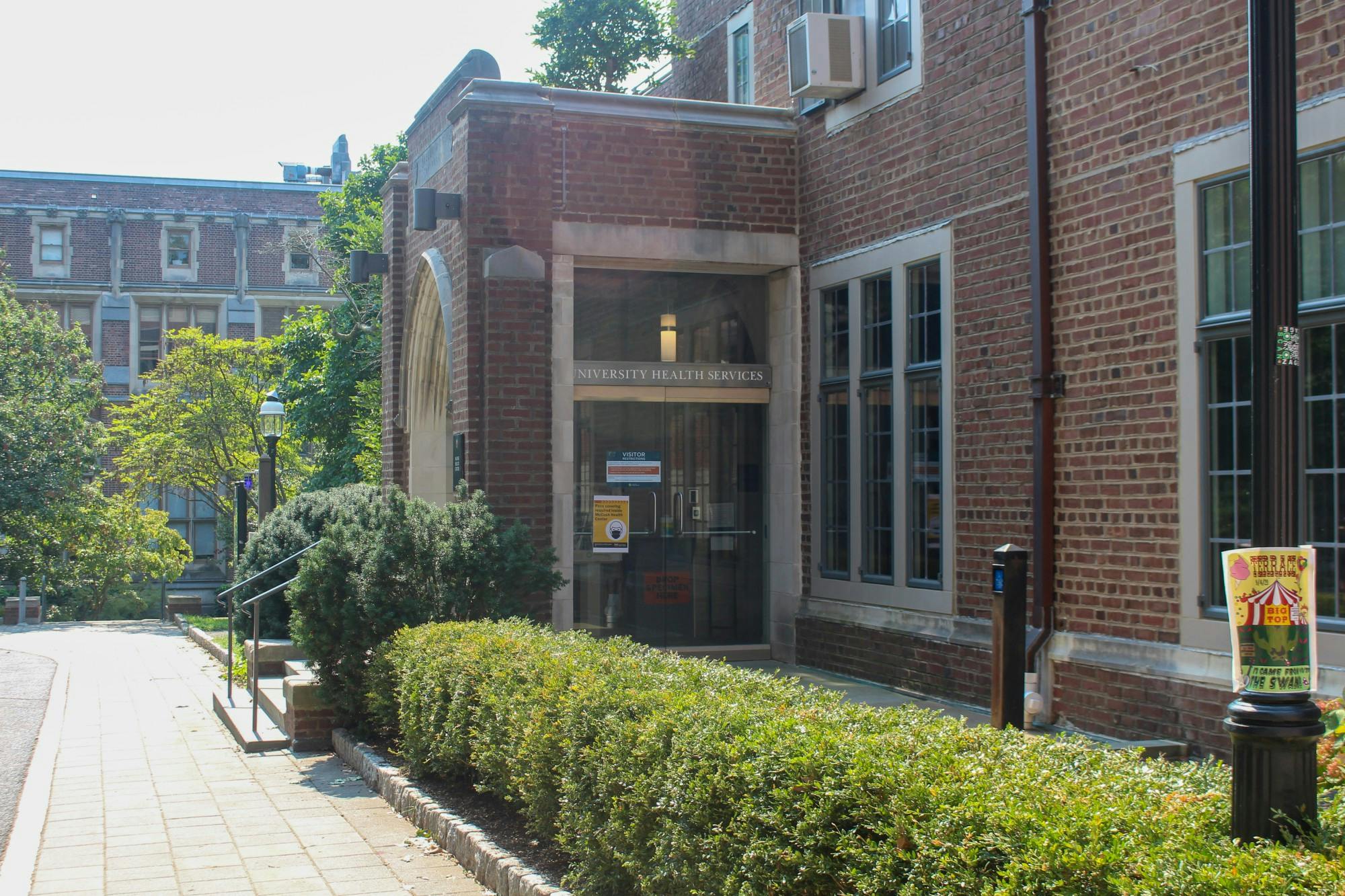
"There’s a reason why off-campus mental health care is expensive — basic microeconomics: fewer people try to access care when it costs money compared to when it’s free, even when they really need it. Fewer people accessing care reduces strain on the system. But there’s a better way to reduce strain than preventing people from getting care: increasing treatment capacity."
Read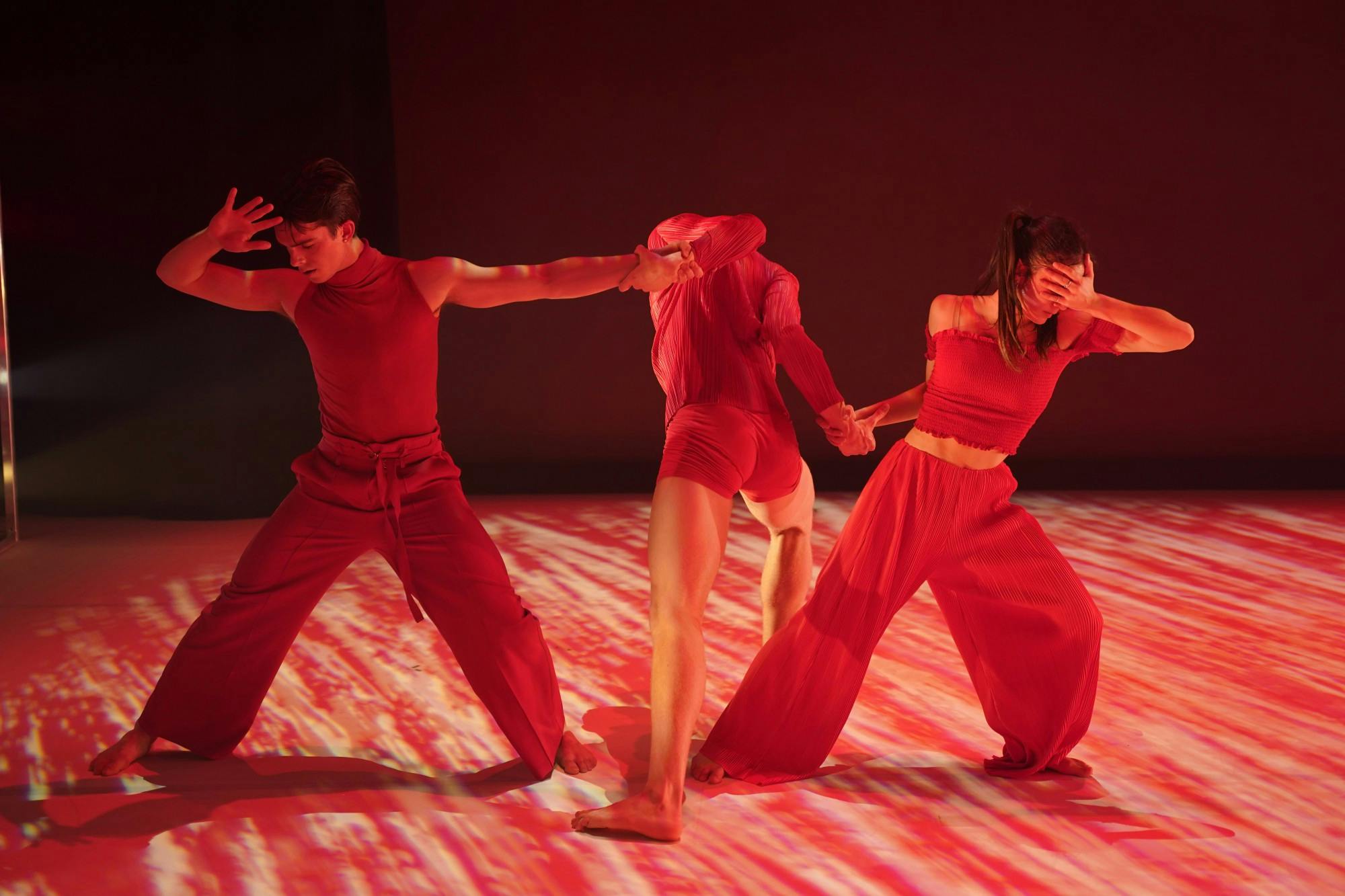
At Princeton, Garcia dances and choreographs for diSiac Dance Company. He has trained in New York and Los Angeles, and danced with the American Repertory Ballet this past winter. For his senior dance thesis, Garcia choreographed and performed his work, “Acero,” which explores the different stages of how we process stress in the body.
Read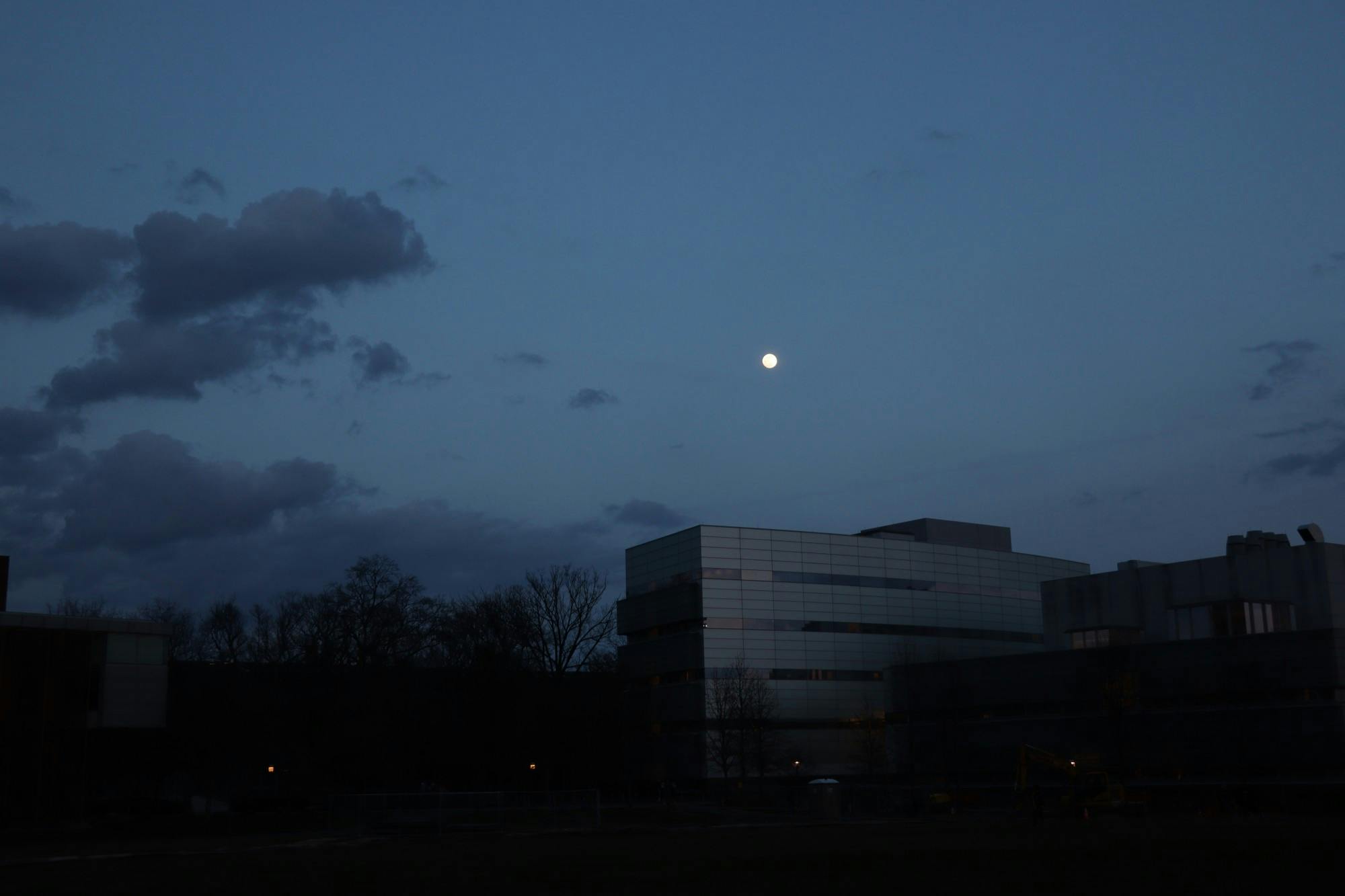
While students and administrators have weighed in, faculty members set academic standards that some of the questions are empirically verifiable. The Daily Princetonian spoke with two professors about mental health and its connection to academic rigor.
Read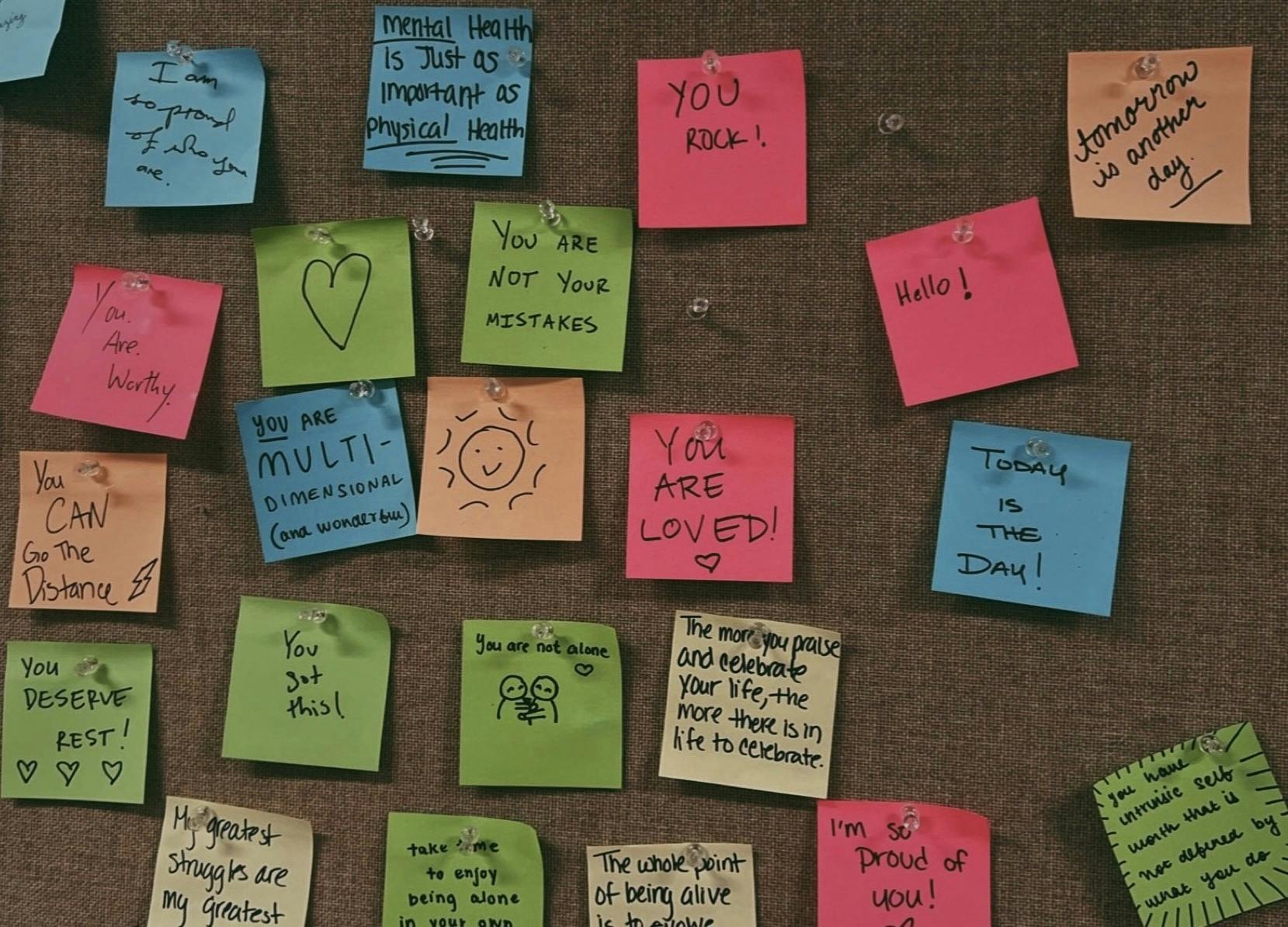
At its current rate, CPS serves about 3 percent of the student population, including graduate students each week. However, 79 percent of respondents to the 2023 senior survey considered getting counseling, with only 51 percent actually having received CPS counseling at some point. Additionally, with current CPS staffing, initial 20 minute consultations may take up to 5 days or longer to schedule.
Read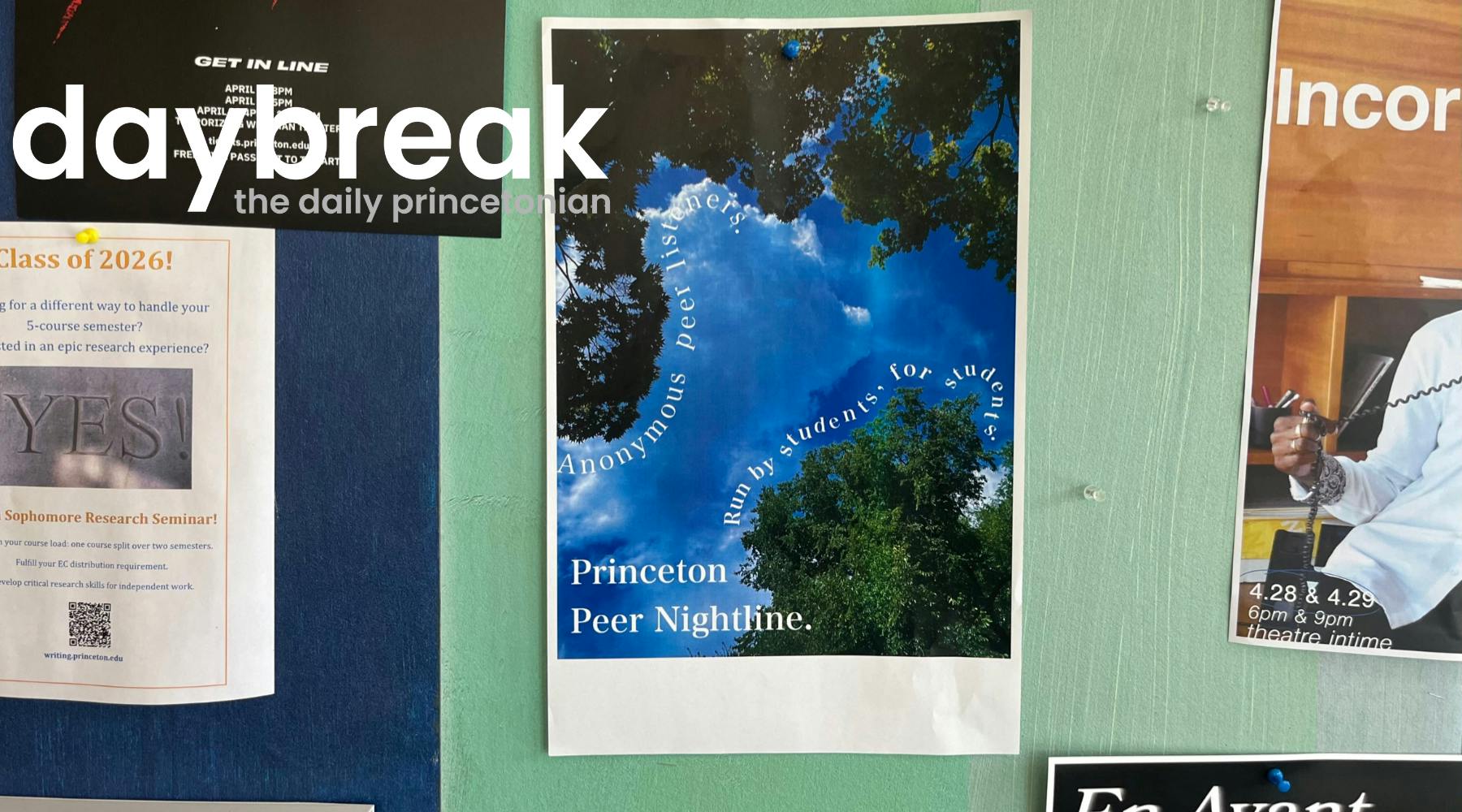
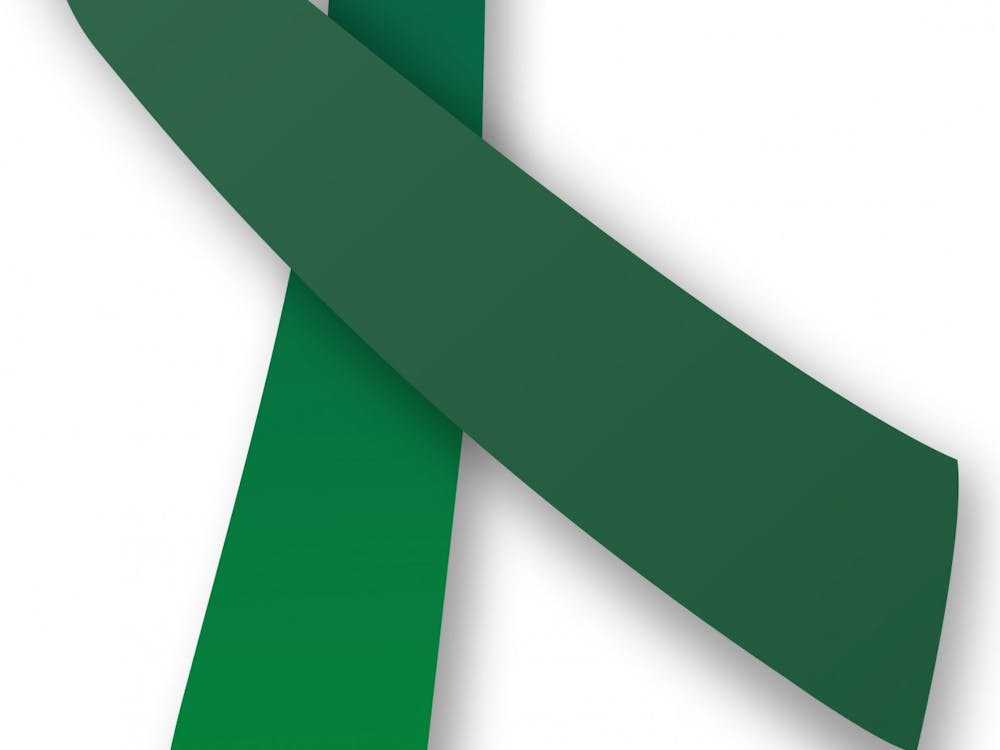
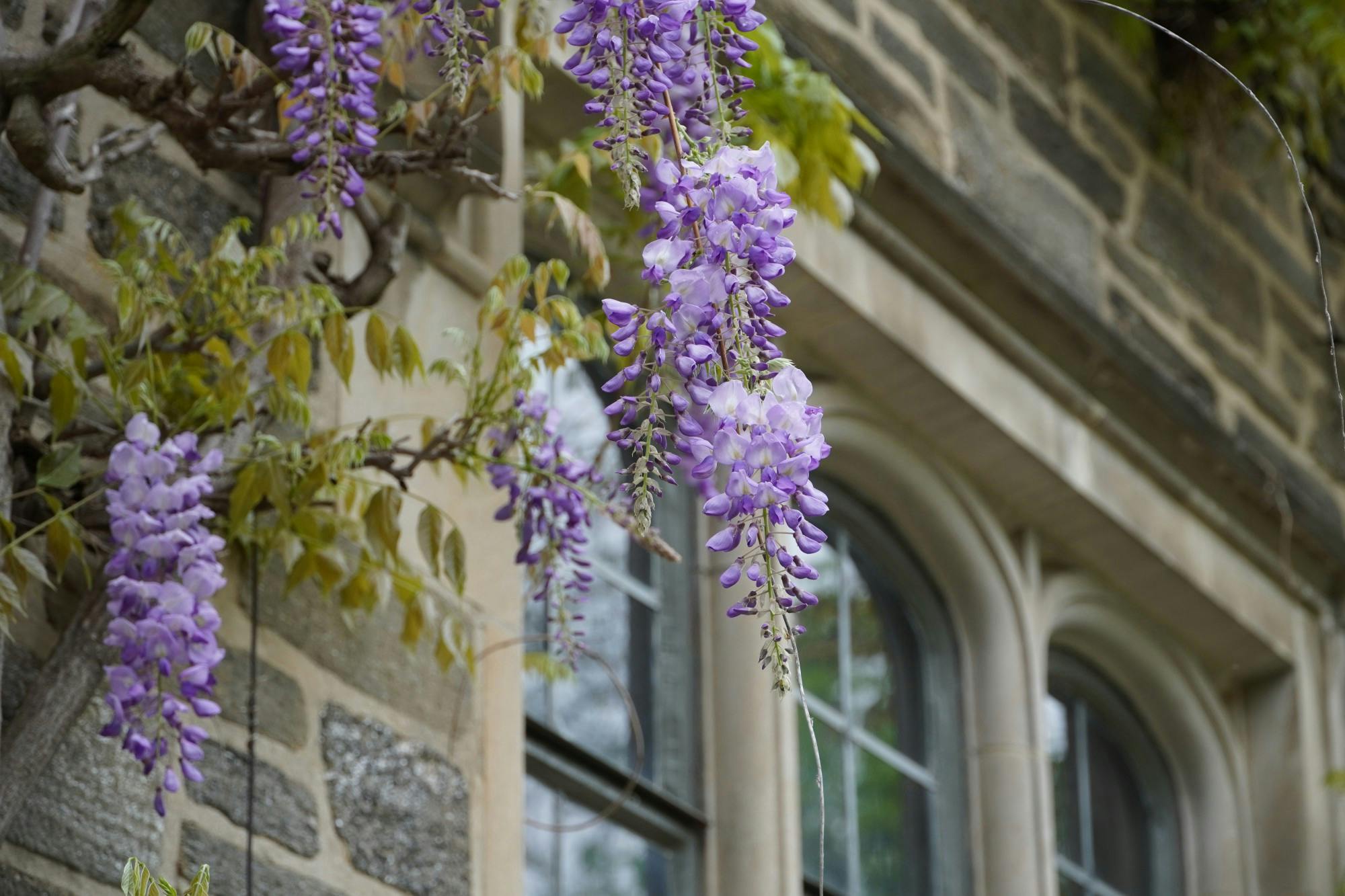
“The most humble person I’ve ever met.” “Simmering with energy and curiosity.” “Bright, witty, dedicated, empathetic, and compassionate.” These are the ways that the people who were closest to those in the Princeton community who tragically took their own lives remember them. Over the last two years, four students and one staff member have died by suicide, an incalculable loss for the University.
Read